Vitamin D and K are essential for your health and support the healthy absorption and regulation of calcium in your body.
The two vitamins complement each other, though some sources claim that taking vitamin D can be harmful if you are low in vitamin K.
So, can an imbalance of vitamins D and K cause you harm, and should you be taking them together, or can you mix and match?
In this article, we’ll be answering these questions and more as we look into the health benefits of both vitamins, as well as the various combinations you can find, such as vitamin K with D3. While it may seem odd to claim that a normally beneficial vitamin can cause you harm if you lack another, typically harmless vitamin, it’s not unheard of.
For example, vitamin D is needed to absorb calcium properly, so taking one without the other may lead to deficiencies over time. Similarly, some health experts believe that ensuring adequate vitamin D and K levels is the best way to enjoy their health benefits, but is it essential to take them together? To get to the bottom of this question, let’s start with the basics…
Table of Contents
What Are Vitamins D and K?
Vitamins D and K are essential, fat-soluble nutrients commonly found in high-fat foods, such as cheese, making it possible to find food sources of vitamin K with D3. Vitamin D promotes calcium absorption and regulation, while vitamin K is necessary for blood clotting and promotes the calcification of your bones and teeth, making them both vital for healthy bones.
Vitamin D is actually a group of compounds (D2 and D3) that come from different sources: D2 is produced by your skin when exposed to sunlight, while D3 is typically sourced from animal products. Similarly, vitamin K comes in two forms – K1 and K2 – which are found in plant foods and animal products or fermented foods, respectively.
RELATED: If you’re confused by the different types of vitamin D, why not read our informative article on the differences between vitamin D1, D2 and D3 now?
Should Vitamin D3 be taken with vitamin K?
Because both vitamins are essential for regulating calcium in your body, many people believe that you should always take vitamin K with D3, but what are the risks of a vitamin imbalance? A high vitamin D intake (without sufficient levels of vitamin K) may lead to blood vessel calcification and heart disease, based on several lines of evidence known to the medical profession:
Vitamin D Toxicity causes Hypercalcemia
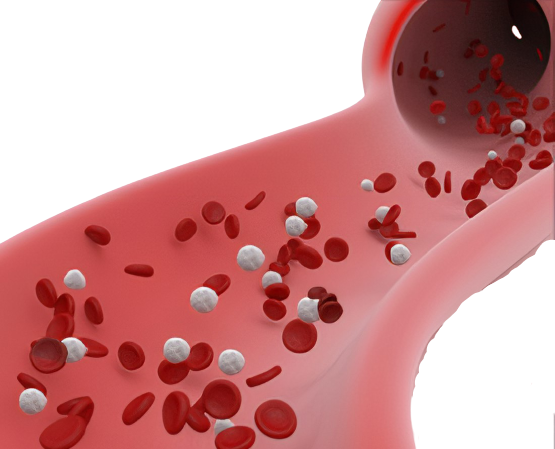
Extremely high levels of vitamin D (known as toxicity) cause excessively high calcium levels in the blood.
Hypercalcemia leads to Blood Vessel Calcification
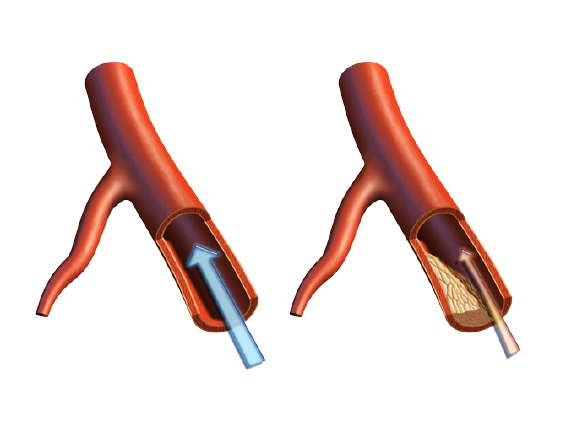
In hypercalcemia, calcium and phosphorous levels in the blood become so high that calcium phosphate accumulates in your blood vessels.
Blood Vessel Calcification (BVC) is Associated with Heart Disease

Blood vessel calcification is the leading underlying cause of heart disease.
BVC is Linked to Vitamin K Deficiencies
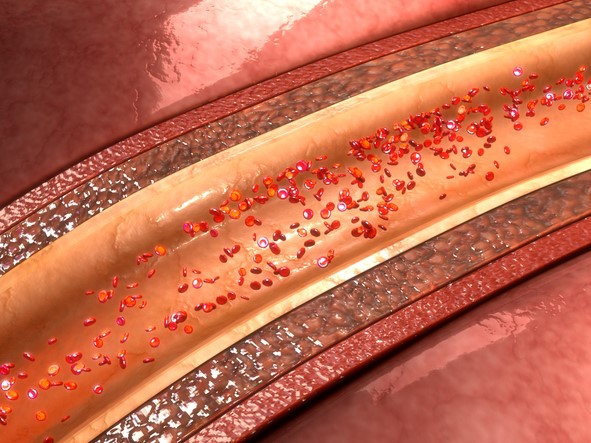
People with low levels of vitamin K have increased risks of blood vessel calcification, especially if they fail to take vitamin K with D3.
High Vitamin K Doses may Reduce the Risk of Heart Disease

According to observational studies, people who eat plenty of vitamin K2 have lower BVC and heart disease risks.
In summary, high levels of vitamin D can increase your risk of blood vessel calcification, while maintaining healthy levels of vitamin K can help prevent this. Fortunately, there isn’t enough evidence to suggest that moderate vitamin D levels are harmful without vitamin K, so most people shouldn’t have to worry about a serious imbalance of vitamins D and K.
How do Vitamins D3 and K2 Work Together?
It’s clear to see that taking vitamin K with D3 is a great way to increase your bone health and avoid health issues like blood vessel calcification, but why exactly is that? Various studies have shown that vitamins D3 and K2 work together to support healthy bones by improving calcium absorption and integration, thanks to their complementary effects:
Vitamin D Benefits
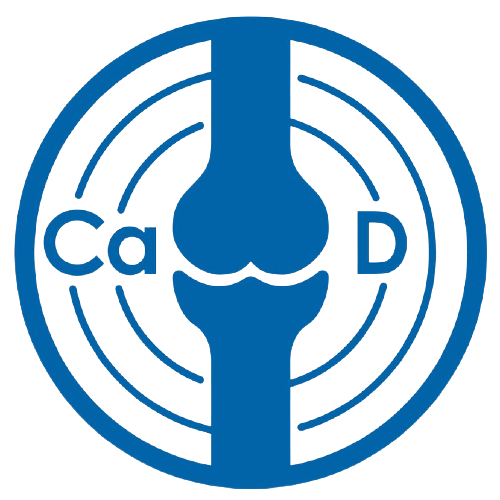
One of vitamin D’s main functions is maintaining adequate levels of calcium in the blood by:
- Improving Calcium Absorption: Vitamin D allows you to absorb more calcium from your food.
- Taking Calcium from your Bones: If you are deficient in calcium, vitamin D maintains blood levels by drawing on calcium stores in the body – namely, your bones.
Vitamin K Benefits
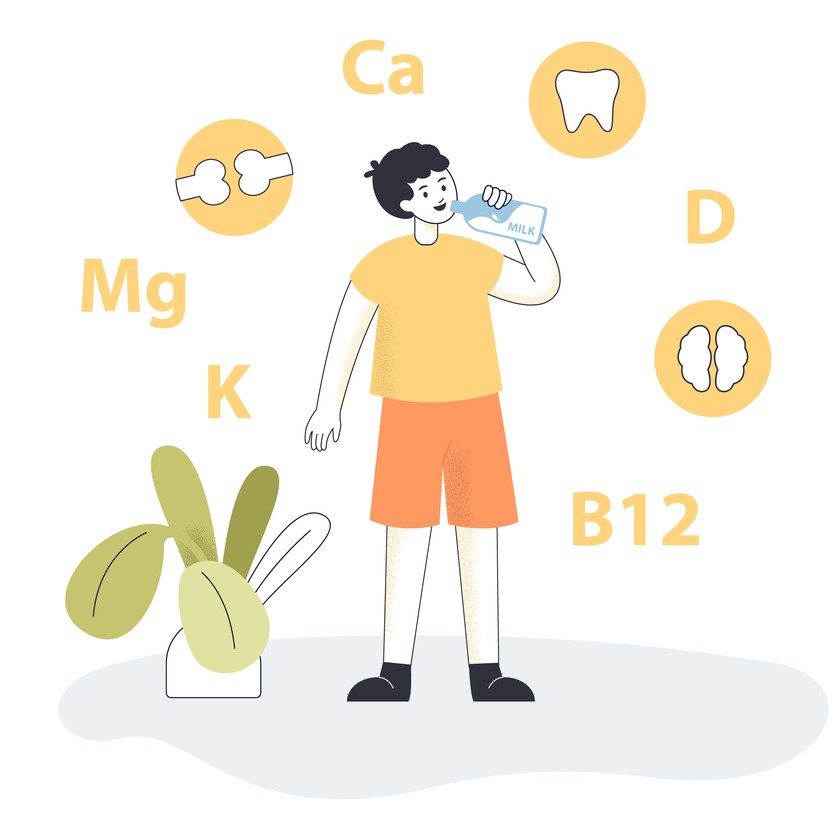
While vitamin D ensures healthy levels of blood calcium, vitamin K regulates where the calcium in your body ends up by:
- Promoting Bone Calcification: Vitamin K activates a protein called osteocalcin that promotes the accumulation of calcium in your bones and teeth.
- Reduces Soft Tissue Calcification: Vitamin K helps to prevent calcium from accumulating in soft tissues (such as kidneys and blood vessels) by activating the matrix GLA protein.
So, taking vitamin K with D3 helps your body absorb enough calcium and direct it to where it is needed most, rather than building up and causing health issues like BVC.
What Else Does Vitamin D Do?
In addition to improving calcium absorption and maintaining blood calcium levels, vitamin D has a wide range of health benefits that may surprise you. Unfortunately, vitamin D deficiencies are widespread in the US (affecting over 40% of Americans), meaning that a significant number of people won’t see the many benefits of taking vitamin K with D3, including:
Vitamin D Supports your Immune System

According to various research, vitamin D may reduce your risk of multiple sclerosis, heart disease and the flu. What’s more, some doctors claim that vitamin D supplements may reduce the severity of COVID-19 symptoms, though there is not enough research to confirm this.
Vitamin D Can Improve Mood

Research shows that vitamin D helps regulate mood and ward off depression, and vitamin D deficiencies have been linked to mental illness. Furthermore, exposure to sunlight (a natural source of vitamin D) boosts your mood and helps to improve mental health.
Vitamin D can Help with Weight Loss

Vitamin D supplements may boost weight loss, as supplements with calcium and vitamin had an appetite-suppressing effect and helped subjects lose more weight than the placebo group in one study. Additionally, Vitamin D deficiencies are more common in obese people, so taking vitamin K with D3 may help with your diet plans.
Sources of Vitamin K
Vitamin K can be found in various natural sources, such as leafy green vegetables, animal products like liver, eggs and cheese, or fermented foods such as natto. Similar to vitamin D, vitamin K comes in many different forms, which can be divided into two main groups:
Vitamin K1 (phylloquinone)

Phylloquinone is the most common form of vitamin K and is found in plants, with kale, spinach and collard greens being potent sources.
Vitamin K2 (menaquinone)

Menaquinone is a rarer form of vitamin K and mainly found in animal products and fermented foods like natto – a Japanese food made from fermented soybeans.
Current dietary recommendations don’t distinguish between vitamins K1 and K2 and suggest that the adequate daily intake of vitamin K is 120mcg for men and 90mcg for women. Fortunately, many food groups make it easy to get vitamin K with D3 from food sources, and some potent vitamin K foods are:
Natto – 3 ounces (85g) = 708% of the DV

This traditional Japanese dish is made from fermented soybeans and prized for its unique flavour and health benefits.
Collards – ½ Cup (18g) = 442% of the DV
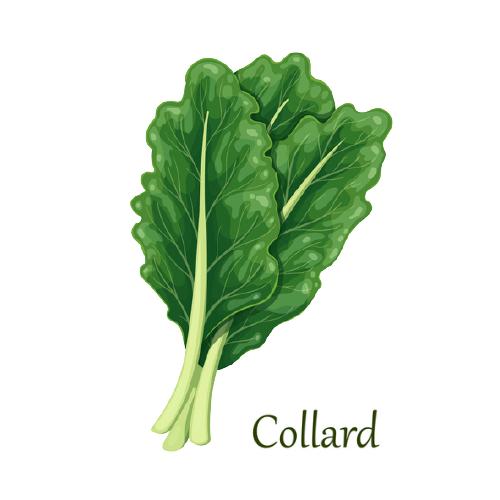
These leafy greens are delicious fried or stewed and are a common ingredient in Soul Food cuisine.
Turnip Greens – ½ cup (45g) = 335% of the DV

The sprouting greens of this root vegetable are often overlooked, but turnip greens are tasty and just as versatile as kale or collards.
Spinach – 1 cup (28g) = 121% of the DV

This leafy green, bittersweet vegetable is delicious in salads, pasta, stews, curries and more, so why not try adding it to your favourite recipes?
Kale – 1 cup (21g) = 94% of the DV
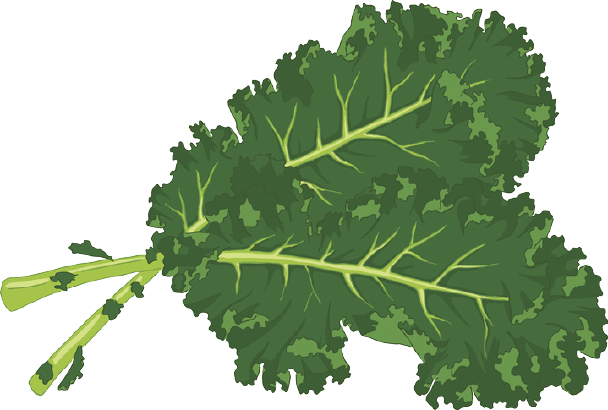
One of the most well-known types of leafy greens, kale is delicious fried, stewed or even blended into pesto or dips.
Broccoli – ½ cup (44g) = 92% of the DV

This humble cruciferous vegetable is highly versatile (you can eat the flowers, stems and all) and excellent roasted or fried with a little sesame oil.
Blueberries – ½ cup (70g) = 12% of the DV

Whether you prefer them blended into a smoothie, baked into muffins or fresh, blueberries are a healthy and colorful berry!
Chicken Breast – 3 ounces (84g) = 11% of the DV
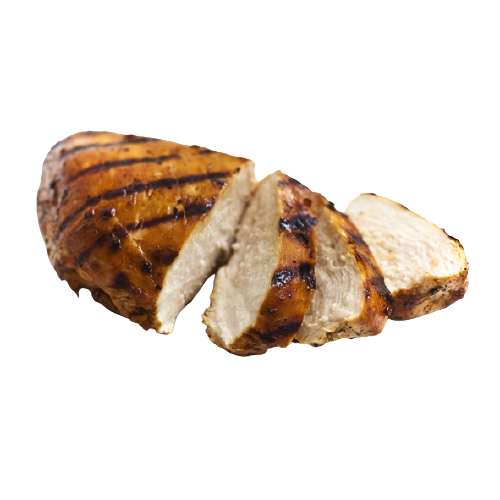
As the leanest part of a chicken, the breast is often considered healthier than other cuts and is suited for all kinds of recipes.
How to Combine Vitamin K with D3
Vitamins D and K are essential for healthy bones, helping your body absorb and safely distribute calcium, though deficiencies, deficits and imbalances can seriously affect your health. To help you get the most from these vitamins, here are several tips on how best to combine vitamin K with D3 as part of a healthy lifestyle:
Get Vitamins From Your Diet
Because vitamins D and K are present in a wide variety of natural foods, it’s possible to get your Recommended Daily Intake (RDI) from diet alone. Furthermore, eating a balanced diet means that you don’t have to worry about drug interactions and you’ll get a wide variety of vitamins, minerals and other nutrients that you won’t find in vitamin supplements, making it healthier overall.
However, because natural sources of vitamin D (such as sunshine and oily fish) are often lacking in the Western diet, it’s worth asking your doctor if supplements are right for you.
Be Careful Not To Take Too Much
Taking a combination of vitamin K with D3 causes your body to absorb more calcium from external sources and better retain it, potentially raising your blood calcium to unsafe levels. Excessive blood calcium (hypercalcemia) is linked to muscle pain, high blood pressure and kidney stones, so you might be causing more harm than good if you take high-strength vitamin D and K supplements together.
Vitamins D and K Help to Build Bone
As we’ve already explained, these vitamins help to absorb and retain more calcium in your bones and teeth, making a combination of vitamin D and K excellent for building bone strength. But most people don’t need to build up their bones (with some exceptions), so taking vitamin D and K together may just be raising your calcium levels unnecessarily, increasing your risk of hypercalcemia.
You (Probably) Have Enough Vitamin K
Because a lot of foods contain enough vitamin K to meet your RDI, vitamin K deficiencies are extremely rare in adults, and you (probably) don’t need to take vitamin K with D3 supplements. Unless you have a vitamin K deficiency, then it isn’t necessary to take vitamin D and K together. Additionally, the main symptom of a vitamin K deficiency is excessive bleeding, which makes it easy to diagnose and highly unlikely that you are deficient and unaware.
Conclusion
Many details about the relationship between vitamin D and K are still unknown, but it’s clear that vitamin K can benefit your heart and bones. However, there isn’t enough evidence to suggest that vitamin D supplements are harmful when you’re low in vitamin K, so our stance is that you do NOT need to take vitamin K with D3.
Nevertheless, you should try to get plenty of vitamins and minerals from a balanced diet, as this eliminates the risk of drug interactions and overdoses. If you’re still unsure of whether vitamin D and/or K supplements are right for you, we recommend consulting your doctor, as supplementing doesn’t offer many benefits for people with healthy levels of these vitamins.





